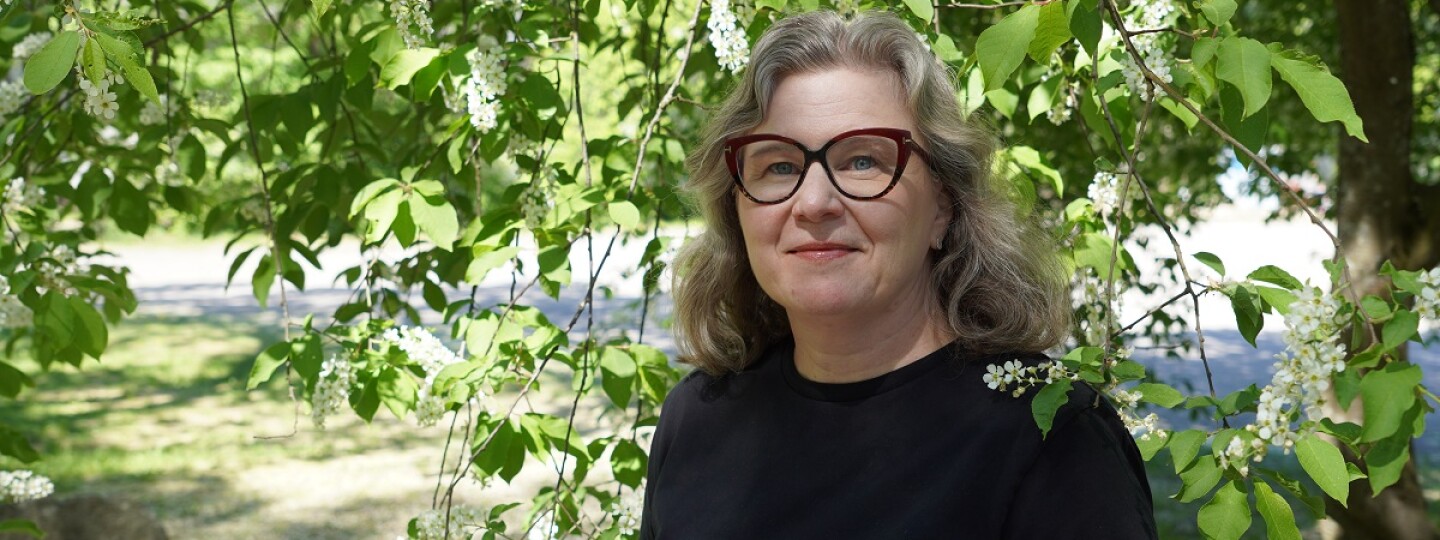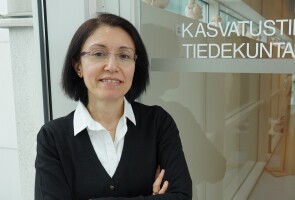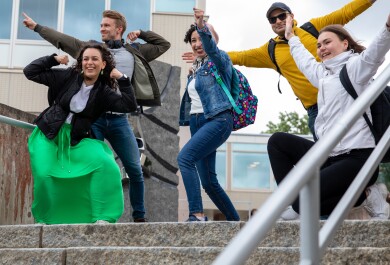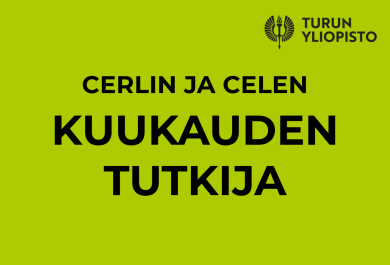CERLI, Centre for Research on Learning and Instruction, and CELE, Centre for Research on Lifelong Learning and Education, present one researcher each month. In May university research fellow Nina Haltia from CELE takes the spotlight.
Currently, I am studying the open university gateway as a route to a university degree in Finland and the evolving role of open university education in general. At the moment, I am working on an article related to the topical issue of increasing fees for open higher education, in which I analyze the educational policy surrounding the fees. My research interest generally lies in how education, on the one hand, opens up various opportunities but also creates inequality through its structures and practices. I have particularly studied these issues in the context of higher education.
Studying this topic is important because in Finland we are accustomed to thinking that everyone has equal opportunities to benefit from education. However, this is not necessarily the case, and it is important to critically examine educational institutions. Through the lens of educational sociology, we can identify the factors that stand in the way of equal opportunities and sensitize various actors to see different aspects of phenomena, unintended consequences, and meanings that are not visible to everyone.
In my daily work as a researcher, I engage in working with research data, reading, writing, and following current educational policy discussions. My work also involves teaching and supervision, as well as various responsibilities within the department community. The longer I have been working at the university, the more diverse and multifaceted my workdays have become, with an increasing number of simultaneous tasks on my desk. Despite the complexity of my work, I try to regularly find time for writing and research.
I collaborate with researchers working at other universities through various research projects and also with individuals in very informal networks. Important communities for me include the Finnish Society for Research on Adult Education and the editorial board of the journal Aikuiskasvatus, through which I have had the pleasure of meeting many wonderful colleagues across Finland. However, my closest collaborators are found within my immediate work community at CELE, where it is rewarding to work on joint projects with colleagues.
When I am not researching or doing other university work, I most enjoy spending time at home with my spouse and family. Sometimes I enjoy social life, cultural experiences, and the diverse restaurant offerings in Turku, but quite often, after a workday, I retreat to the couch at home with a book or knitting project. In the summer, the best activities include sauna, swimming, and various tasks at the cottage.
My greetings to those working in the field of educational sociology and educational policy research are to boldly present your research, findings, and observations, and not to be too modest. In these times, we need a lot of societal insight and awakening. Although educational sociological research rarely aims to provide direct action guidelines or recommendations, it offers important information to decision-makers, teacher educators, and education providers and opens eyes to practices and structures that create inequality.



